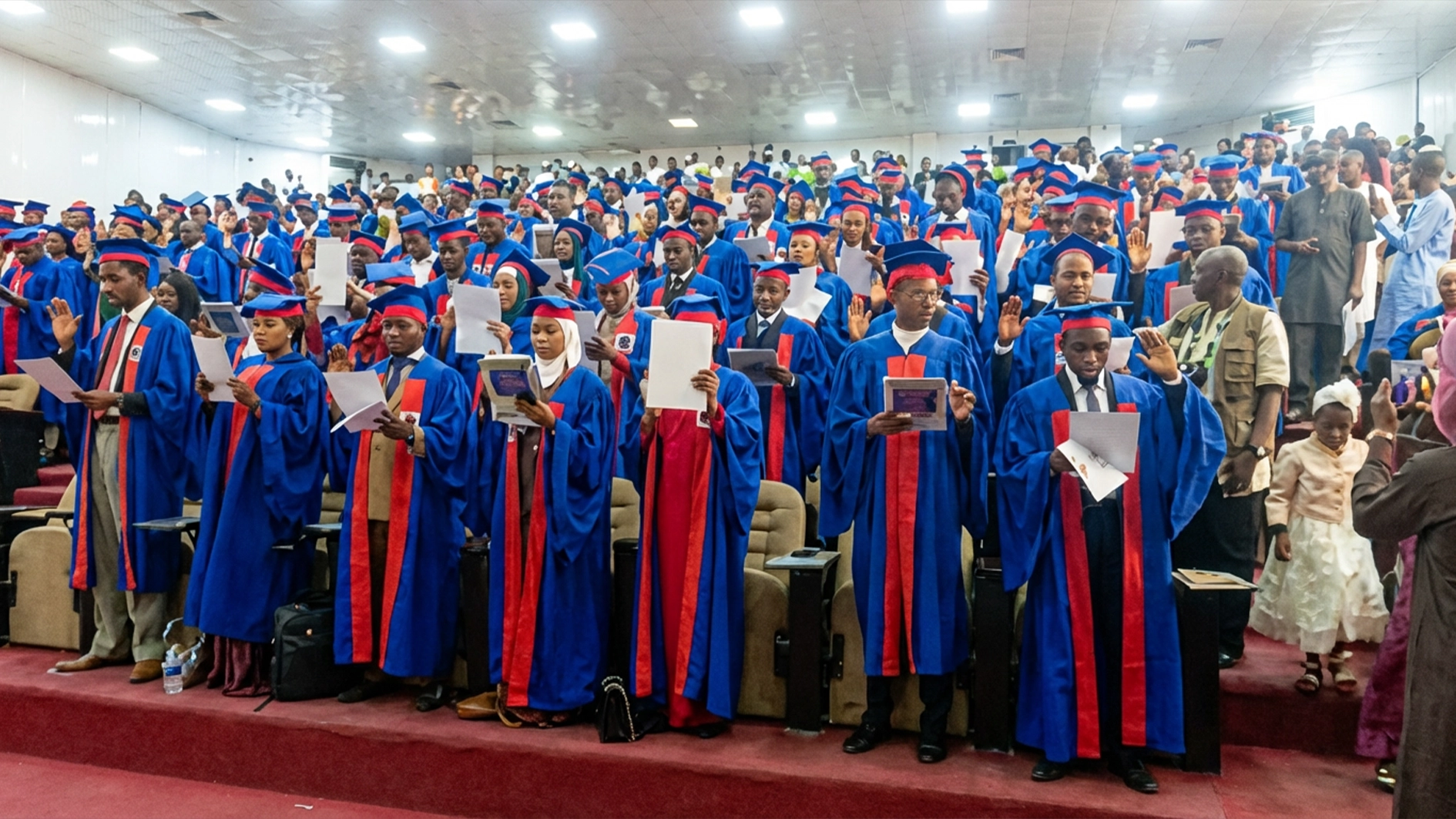
The World Health Organisation (WHO) has emphasised the continued importance of vaccination as a critical public health tool against SARS-CoV-2.
In an updated statement on the antigen composition of COVID-19 vaccines, the WHO Strategic Advisory Group of Experts on Immunization (SAGE) has recommended that member states maintain COVID-19 vaccination efforts to protect populations against the ongoing threat posed by the virus.
The WHO Technical Advisory Group on COVID-19 Vaccine Composition (TAG-CO-VAC) recently convened to review the genetic and antigenic evolution of SARS-CoV-2, the immune responses elicited by infection and vaccination, and the efficacy of existing vaccines against circulating variants.
The group reaffirmed the value of updating vaccine antigen composition to enhance immune responses to emerging variants, focusing particularly on the JN.1 lineage.
TAG-CO-VAC reiterated its recommendation of a monovalent vaccine based on the JN.1 lineage. They explained that the formulation had demonstrated the ability to induce robust neutralizing antibody responses against the JN.1 variant and its descendants, including KP.3.1.1 and XEC.
According to WHO, the variants remain prominent globally, and several manufacturers utilizing mRNA and recombinant protein-based platforms are already using updated vaccine formulations incorporating JN.1 antigens.
Despite advancements in vaccine development, the advisory group cautioned against delaying vaccination programs while waiting for updated vaccines. They encouraged countries to continue administering any available WHO emergency-use listed or prequalified vaccines to sustain immunity, especially in vulnerable populations such as the elderly and individuals with preexisting health conditions.
The advisory group analysed a range of published and confidential data provided by vaccine manufacturers, which showed that monovalent JN.1-based vaccines effectively elicited neutralising antibody responses against various JN.1 descendent lineage.
They noted that while neutralizing titers against some emerging variants, such as KP.3.1.1 and XEC, were slightly lower, the overall cross-reactivity remained strong.
TAG-CO-VAC acknowledged significant challenges, including gaps in global surveillance and reporting of cases, hospitalizations, and deaths, as well as limited genetic sequencing data from some regions.
Their report noted that these limitations make it harder to assess epidemiological trends and predict the public health impact of emerging variants.
Hence, the group reaffirmed the importance of strengthening surveillance systems and generating additional vaccine effectiveness and immune response data.
WHO emphasised that vaccination programmes must adapt to the evolving nature of SARS-CoV-2 while continuing to use available tools to mitigate severe disease and deaths. Looking ahead, the TAG-CO-VAC plans to reconvene semi-annually to review new data and determine whether further updates to vaccine antigen composition are necessary.






